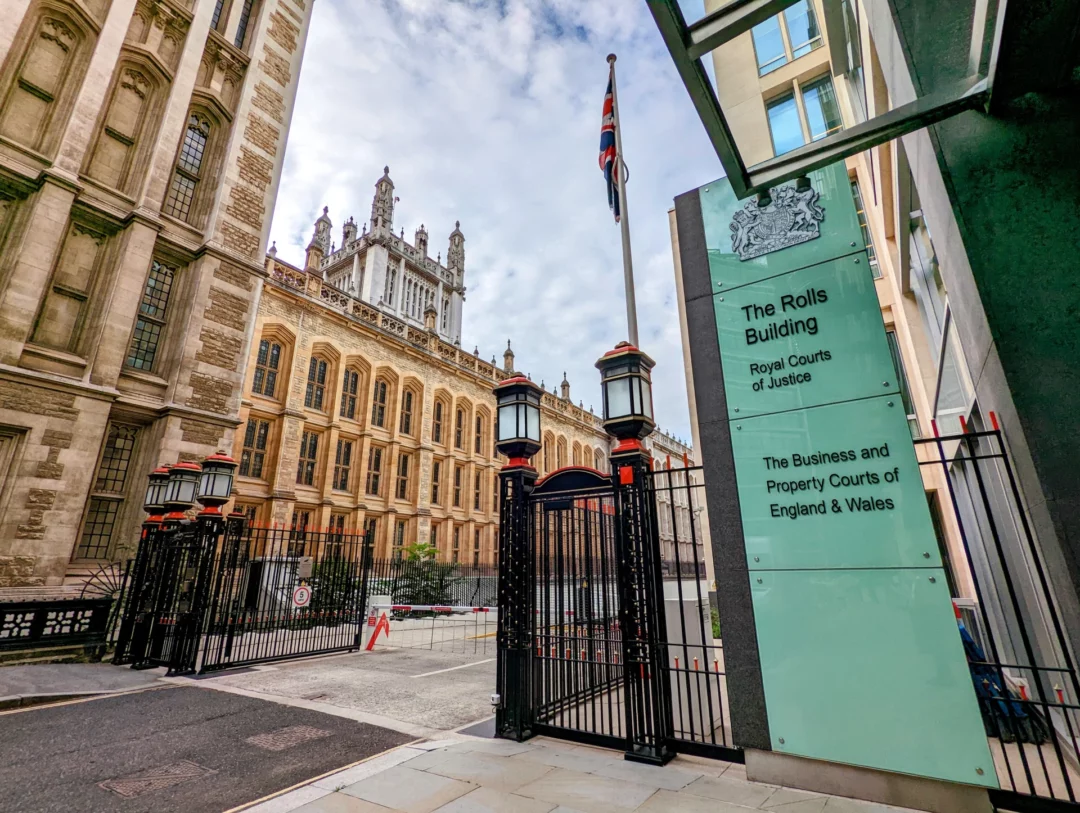
Court Dismisses Force Majeure & Trade Sanctions Control Defences
The High Court, in its decision on Litasco SA v Der Mond Oil and Gas Africa SA & Anor [2023] EWHC 2866 (Comm), clarified the application of force majeure and the “ownership and control” test under UK sanctions law. It emphasized that significant difficulty, nearly impossible to overcome, is necessary to invoke force majeure for debt obligations. The ruling further established stringent criteria for proving “control” in relation to sanctioned entities, highlighting the necessity for actual influence over business decisions, rather than theoretical possibilities, to satisfy this condition. This decision provides a clearer framework for businesses handling contracts under these terms.








